The great tragedy of Euripides and the advent of Marlowe and Shakespeare to the Elizabethan stage, there seems to be the dismal ‘reign of Chaos and old Night’. But the darkness is not really so black as it appears at first sight, and the burst of splendour in Periclean Athens is not completely separated from the renewed glories of Elizabethan England. Between the two we may discern a line of dimly-glowing sparks, never entirely disconnected from the original source of light and heat. Seneca, who pillaged all the great masters of Greek tragedy, may be compared to a damp and crackling torch which gave off more smoke and sputter than warmth and brightness, but he still served as a conveyer of the sacred fire. The Senecan tragedy gave the renaissance a point of departure for a new form of art, widely divergent from classical tradition, although indebted to it for some important details, and one all-important principle—regularity of structure—which, from all appearances, it would have taken centuries for the mediaeval drama to attain without the stimulus and authority of classical example. The renaissance conception of tragedy, moreover, was influenced by the ideas which had been inherited from the middle ages.

English Classical Tragedies
In stock
Free & Quick Delivery Worldwide
reviews
Bibliographic information
Title
English Classical Tragedies
Author
Edition
Reprint
Publisher
ISBN
8170413761
Length
c+352p., 23cm
Subjects

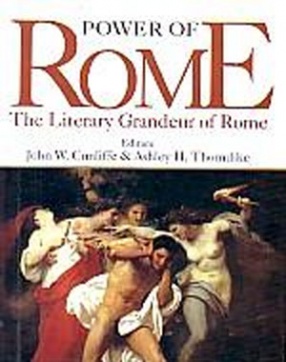
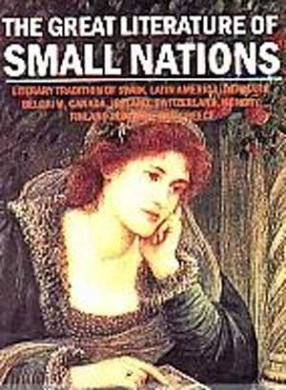
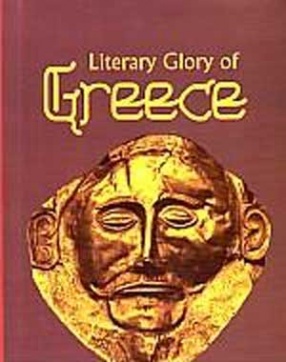
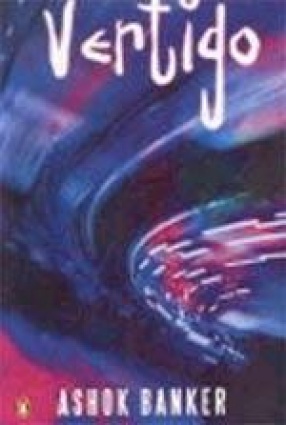

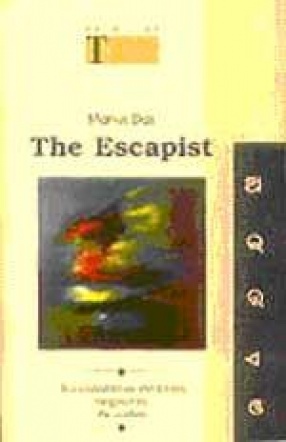
There are no reviews yet.